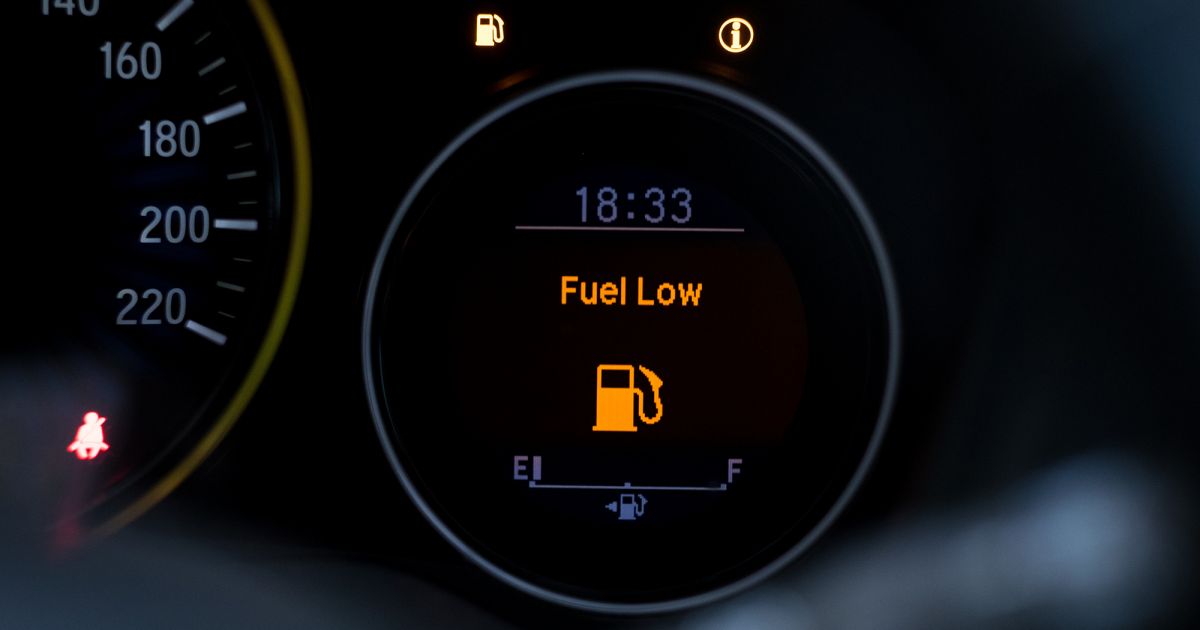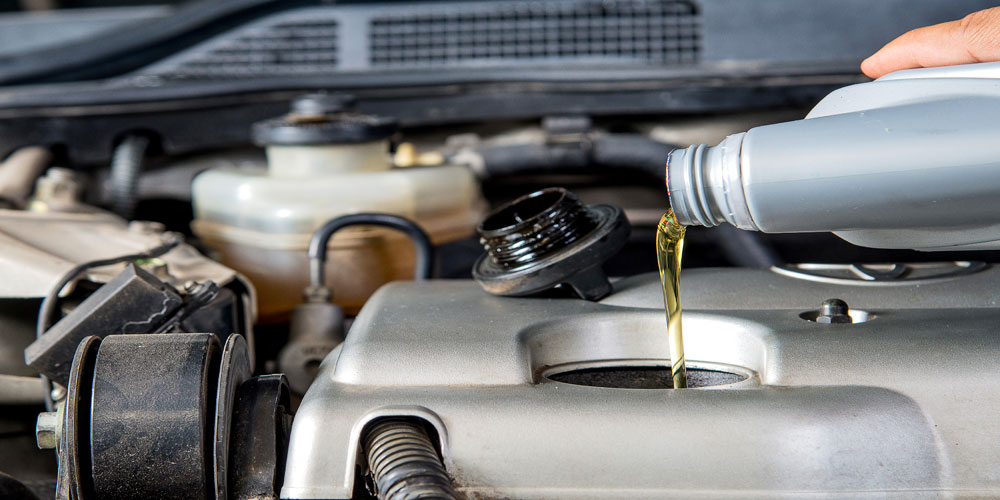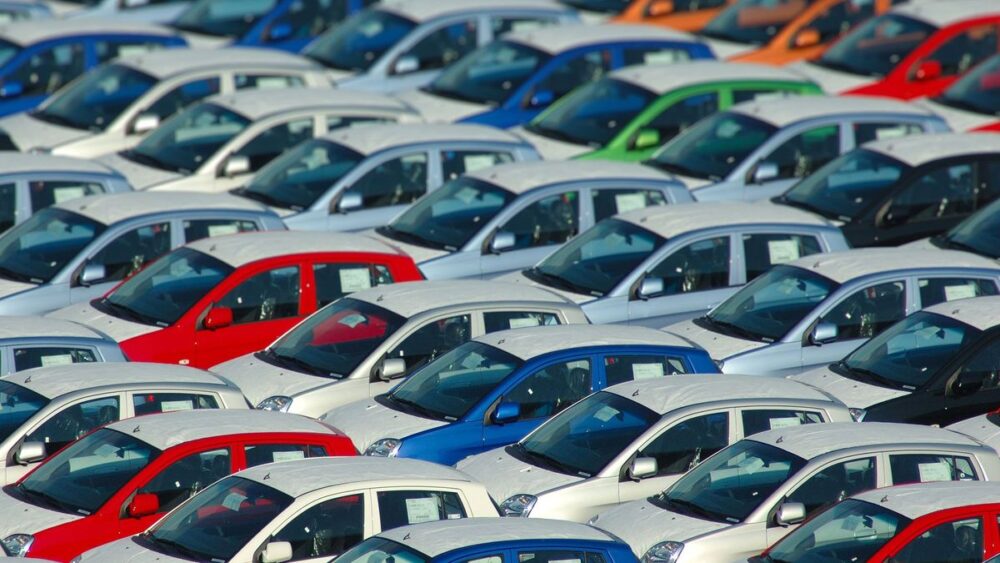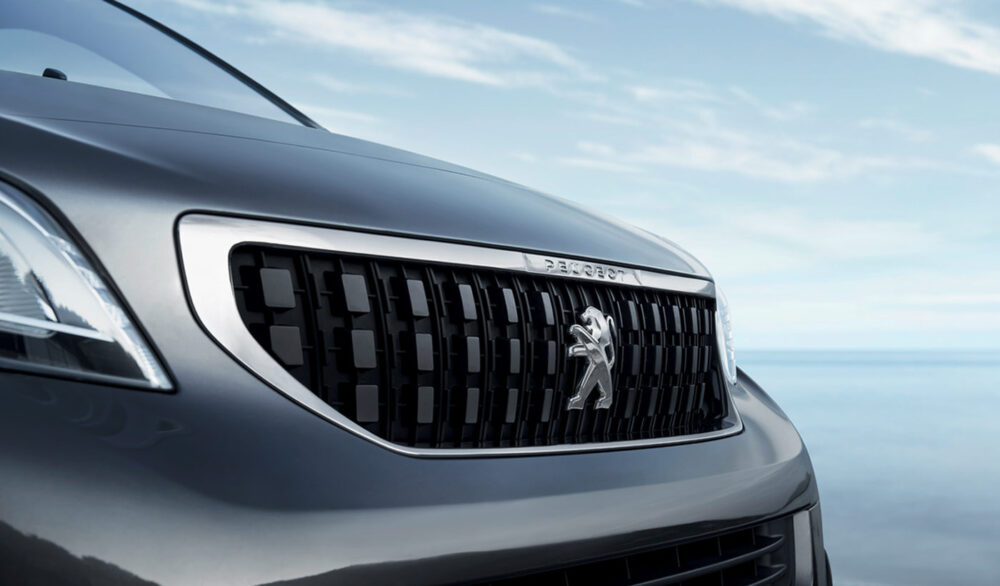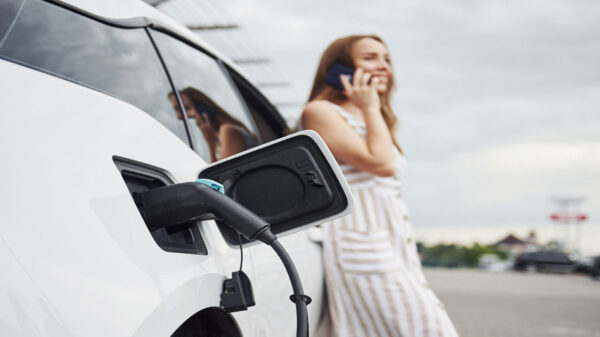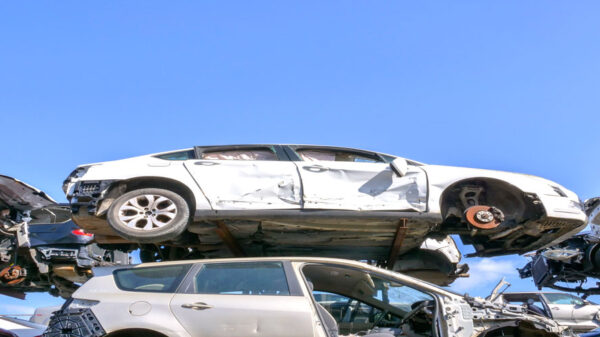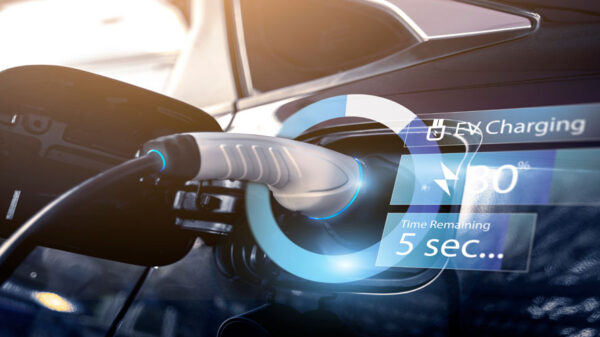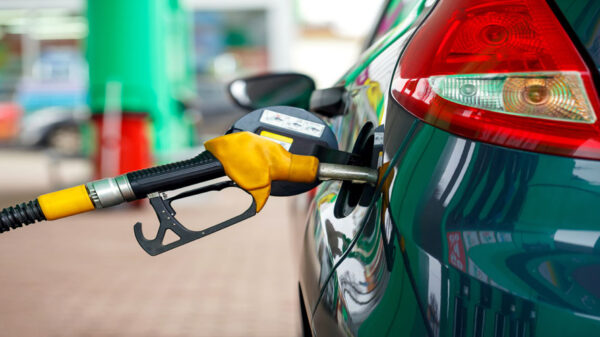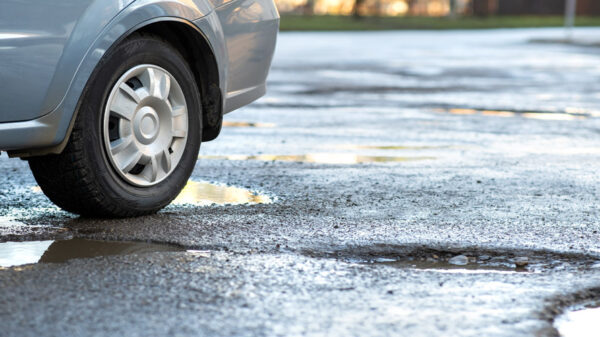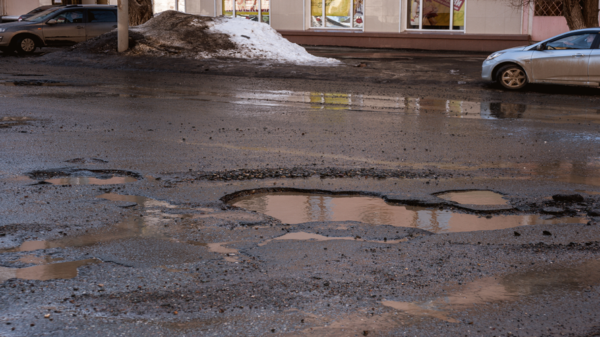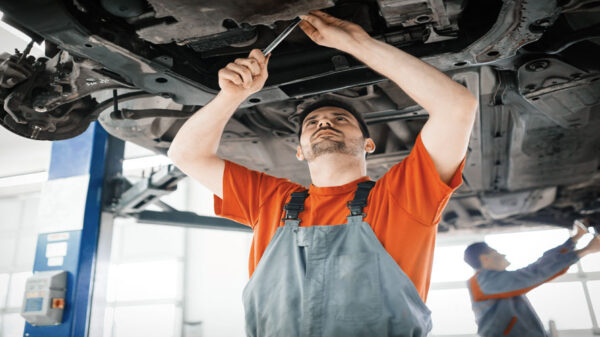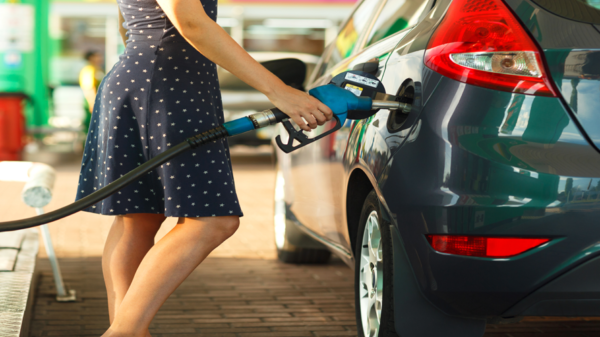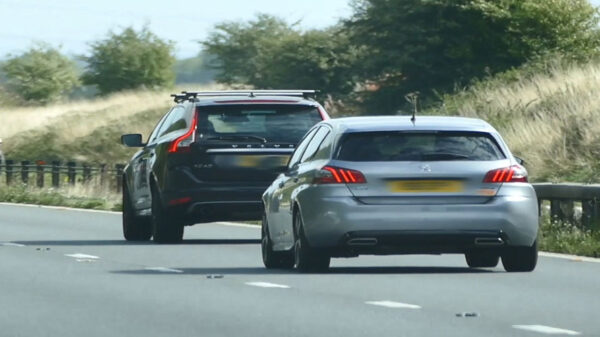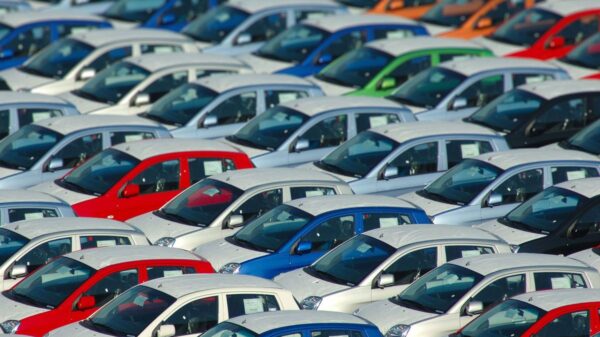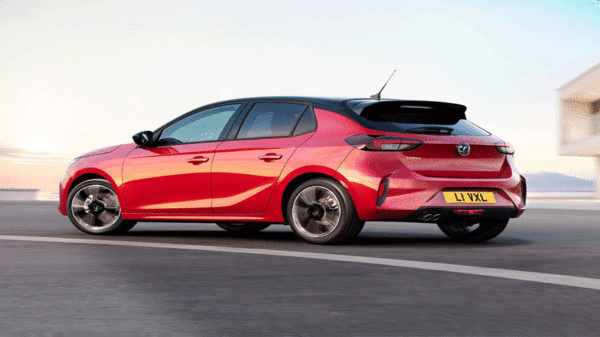Boosting Your Cars MPG
Running a car or other vehicle isn’t cheap and paying for fuel is a major cost, so for most of us getting the best fuel economy we can is essential. There are some simple steps you can take to help reduce this costs and the ‘Which magazine’ recently offered the following suggestions.
A Smooth Drive
The smoother you are when using the accelerator and braking system the better. Gradually build up your speed using the highest sensible gear possible, this will help ensure your engine is using the lowest revs and preserving fuel as a result. The Energy Saving Trust suggests shifting up a gear at around 2,000 RPM for a diesel and 2,500 RPM for a petro vehicle.
Speed versus Efficiency
The speed you drive also has a significant impact on fuel consumption. The most efficient cruising speed being typically 55MPH. Driving quicker is proven to cause you to use more fuel! Obvious but true. Studies show travelling at 60MPH is 3% less efficient than 55MPH and driving at 70MPH is 17% less efficient.
Plan Ahead
Try to read the traffic flow and conditions ahead top help maintain a steady speed. Keeping your distance from the vehicle in front is not only safe – but it also allows you react better to changes in speed, meaning you won’t need to brake harshly.
Eco Modes
Many modern cars feature adaptive driving modes, which have different characteristics for the throttle response and gear changes. This tends to include an ‘Eco Mode’ which, when used can reduce fuel consumption by around 8% according to the Driving Standards Agency. Only use this mode of you feel comfortable though as many drivers find that the throttle response appears laboured.
Air Conditioning
Turn off the air conditioning. Driving with the air conditioning on will increase MPG by around 5% according to the European Commission.
Regular servicing
A clogged air filter can sap performance. Studies do show this to be significant, in modern cars it may cause you to work the engine harder. Using old engine oil or unsuitable oil can also impact upon your vehicles engine, making it less efficient and thereby increasing fuel economy by around 2% according to fueleconomy.gov. Service your car regularly and help keep it reliable, safe and as economical as possible.
Unnecessary Weight
Additional weight or drag will mean your car is less efficient. For example driving with an unused roof rack can reduce fuel economy by as much as 10% due to the extra wind resistance according to the European Commission. It also makes sense to empty the boot of any items too.
Tyre Pressure
Keeping your car tyres at the correct tyre pressure is easy – you’ll find details in your car owner’s manual or displayed (often) on the driver’s door. Under inflated tyres can increase fuel economy by as much as 4% according to the International Energy Agency. There are many companies selling tyres around the UK who will provide a free tyre check.
We at Tams Tyres of Gateshead, located in the North East of the UK can offer you a tyre check – including tyre pressures and if required, fully fitted, balanced and inflated correctly for a great price. Not only can we help you enjoy better fuel consumption but we can also help with better road holding and safety. Call us now on (0191) 4604809 or visit the Tams Tyres website for further information.


